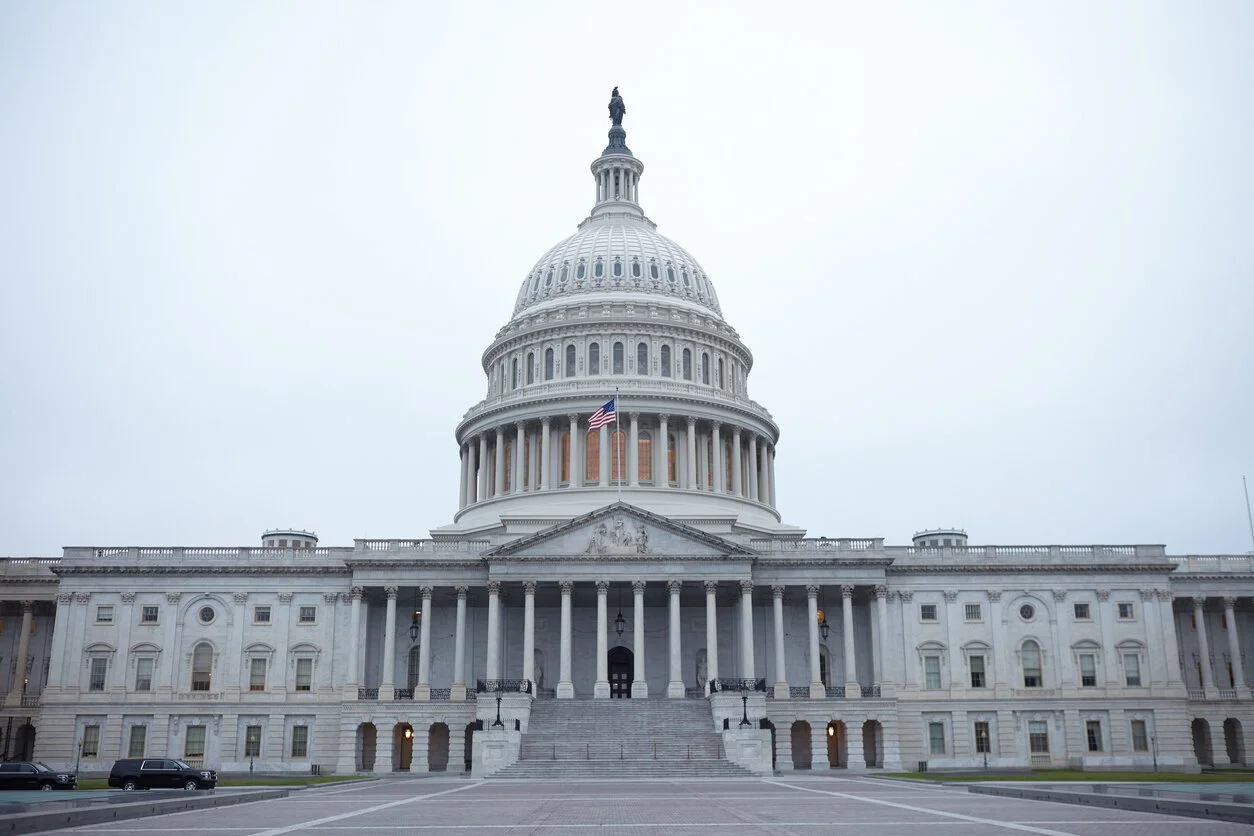Think Tank: Bring Back Congress’ Nerds
The resurrection of the Office of Technology Assessment (OTA) – an “expert advisory agency that served as a think tank within Congress from 1972 to 1995, and made important contributions to shaping technology policy in the United States and abroad,” but was eliminated in 1995 – could bring about sweeping improvements to Congress’ decision-making on modernization and other emerging technological challenges, according to a new policy paper released by the R Street Institute.
“Despite the social and economic importance of science and innovation, policymakers are not always well equipped to understand and meet the associated challenges head-on,” argue Kevin R. Kosar and Zachary Graves, the report’s authors. “This problem is particularly conspicuous in the United States Congress, which serves an essential function through the crafting of legal frameworks for new technologies.”
Among the objections the duo seek to put to rest through the study are lawmakers’ concerns that a revived OTA would be costly and prone to bias.
However, bias should not be a concern, since “per its founding statute, the 12 officers of its bipartisan board are selected by the speaker of the House and the president pro tempore of the Senate.”
Kosar and Graves also argue that the price tag associated with the change – roughly $2.2 million – is negligible in light of the efficiencies it would create and when contrasted with the legislative branch’s $4.4 billion budget and the federal government’s $3.9 trillion in annual spending.
“Maintaining the status quo all but guarantees that suboptimal or outright bad policies will be made more frequently,” the authors write. “To address this, Congress needs to bring back its nerds.”
The simplest path forward is likely through bringing back OTA.
“Rather than to reinvent the wheel, Congress can most easily bolster its technology policy knowledge by reviving the OTA. Further, the OTA’s statute remains on the books so Congress could revive the agency merely by including funding in the next legislative appropriations. To address concerns about the agency’s research agenda, Congress could include directive text to appoint the agency’s initial board and leadership.”


